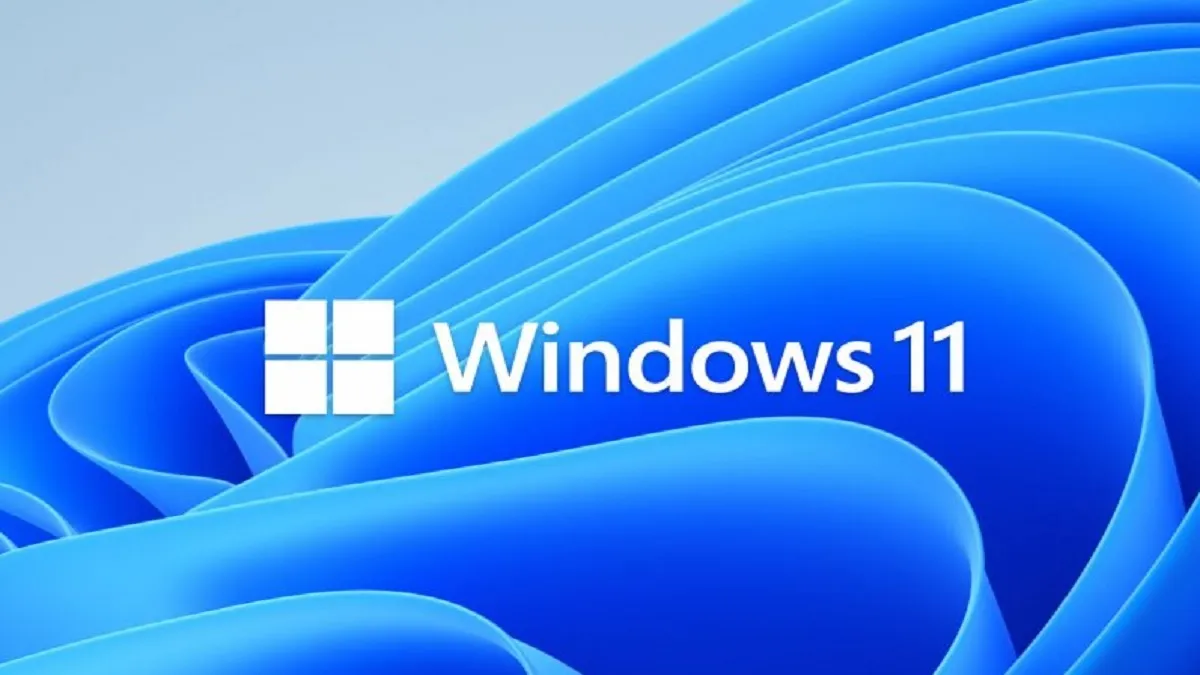Microsoft is refreshing the Windows 11 experience by introducing a redesigned Start menu for Dev Channel users. The update, which was first hinted at in preview builds in April and officially confirmed in May, brings a range of new personalisation and usability improvements.
Scrollable Layout for Easier App Access
The most notable upgrade is the scrollable Start menu. Users no longer need to toggle to a secondary screen to view all apps. This streamlined layout improves navigation and makes app launching faster and more intuitive.
Adaptive Scaling for All Screen Sizes
- The Start menu now adapts dynamically based on your screen size.
- On larger screens, you can pin up to 8 columns of apps, see 6 recommendations, and get 4 columns of categories.
- On smaller screens, the layout auto-adjusts to 6 pinned columns, 4 recommendations, and 3 category columns.
Option to disable recommendations
A long-awaited feature, Microsoft now lets users disable the "Recommended" section entirely. This provides more room for pinned apps and a cleaner interface. Additionally, two new organizational views have been added:
- Category View: Groups apps by type (e.g., Productivity, Entertainment).
- Grid View: Shows apps in an alphabetical list for quick lookup.
Better Phone Integration with New Mobile Button
A new Phone Link button has been added beside the Search box, allowing quick access to connected Android or iOS devices. Users can now expand or collapse mobile content directly from the Start menu — streamlining cross-device tasks like photo transfers or message replies.
Lock Screen Widgets Go Global
Another improvement comes to the lock screen, where users can now:
- Add, remove, and rearrange widgets like Weather, Watchlist, Sports, and Traffic.
- Personalise this view for a more informative glance when your device is locked.
Gamepad Keyboard for Handheld PCs
For handheld gamers, Microsoft has added a gamepad keyboard feature. This allows sign-in using a controller and PIN, making it easier to log into devices like the ROG Ally Xbox handheld.
Microsoft’s latest update aims to bridge desktop and mobile usability while enhancing personalization and performance. These features are currently live for Dev Channel testers and are expected to roll out more broadly in the coming months.

